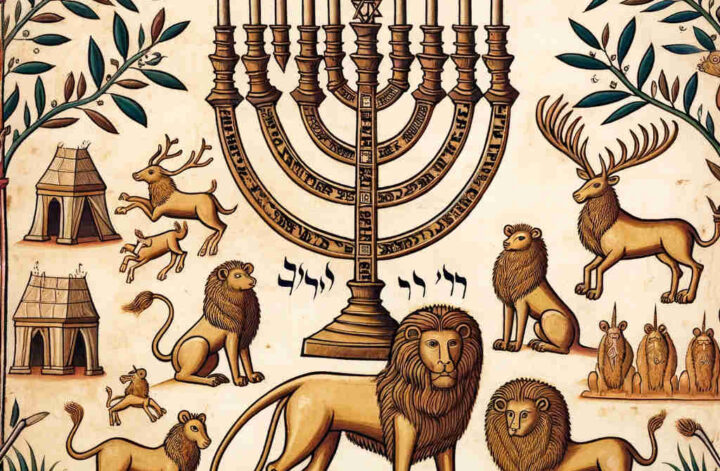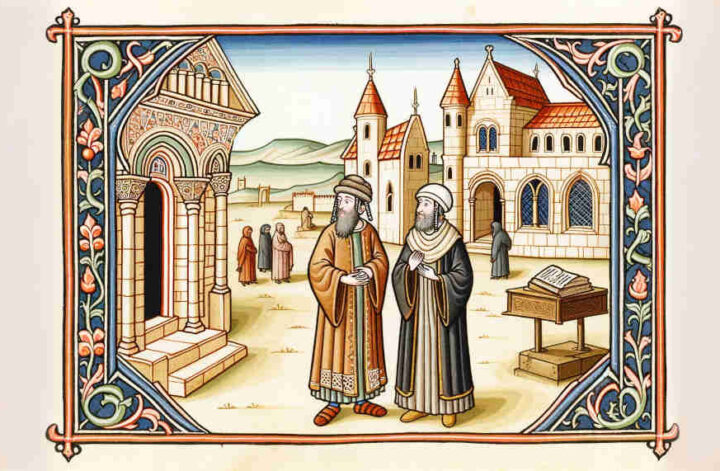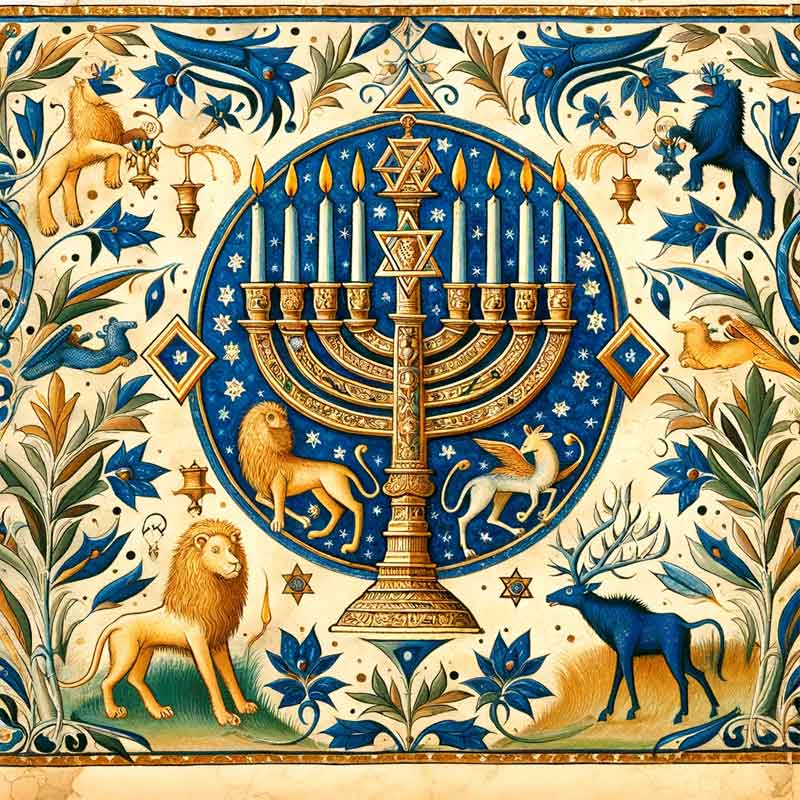From: Emily Rosenberg
To: Rabbi Joshua
Subject: Understanding Tikkun Olam in Reformed Judaism
Dear Rabbi Joshua,
I’ve been reading about the concept of Tikkun Olam in Reformed Judaism and am curious about its significance. What do Reformed Jews believe about it? How can the world be repaired, and what is considered ‘wrong’ with the world that it needs to be repaired?
Thanks for your insights,
Emily
The Essence of Tikkun Olam in Reformed Judaism
Dear Emily,
Your inquiry touches upon one of the most central and inspirational aspects of Jewish thought, particularly within the context of Reformed Judaism. Tikkun Olam, which translates to “repairing the world,” holds profound significance in this tradition.
Reformed Jewish Beliefs about Tikkun Olam
In Reformed Judaism, Tikkun Olam is often viewed as a call to social action and justice. It is an ethical imperative to strive for a more perfect, equitable, and just world. This viewpoint emphasizes the role of human agency in partnering with God to improve the world. Reformed Jews believe that through acts of kindness, social justice, and communal responsibility, they can address the imperfections of the world, thus fulfilling a divine commandment.
Repairing the World: How and Why?
The concept of repairing the world is rooted in the recognition that while the world is inherently good, as God’s creation, it is not yet complete or perfect. Injustice, poverty, environmental degradation, and violence are some of the imperfections that Tikkun Olam seeks to address. The belief is that humanity has a critical role to play in God’s ongoing creation, acting as stewards of the Earth and advocating for the vulnerable and oppressed.
Repairing the world involves both individual and collective action. It ranges from acts of charity (tzedakah) and volunteering to advocate for systemic changes in society. This might include efforts to combat poverty, promote human rights, ensure environmental sustainability, and foster peace and understanding among diverse communities.
The Broader Context of Tikkun Olam
While Tikkun Olam is particularly emphasized in Reformed Judaism, it is a concept with roots in classical Jewish sources, including the Mishnah and Kabbalistic teachings. In Kabbalah, Tikkun Olam is understood in a more mystical sense, as the rectification of spiritual brokenness in the world. Over time, the term has evolved to encompass a broader range of ethical and social responsibilities.
Tikkun Olam, in its modern interpretation, represents a bridge between the spiritual and the practical, urging Jews to take concrete actions that reflect the ethical and moral principles of their faith. It is a powerful expression of the belief that each individual has the power to effect positive change in the world.
In conclusion, Tikkun Olam in Reformed Judaism serves as a guiding principle, inspiring individuals and communities to work towards creating a more just, compassionate, and sustainable world. It is a testament to the enduring relevance of Jewish teachings in addressing the challenges of the contemporary world.
May your journey in exploring and participating in Tikkun Olam be fulfilling and transformative.
Shalom,
Rabbi Joshua



